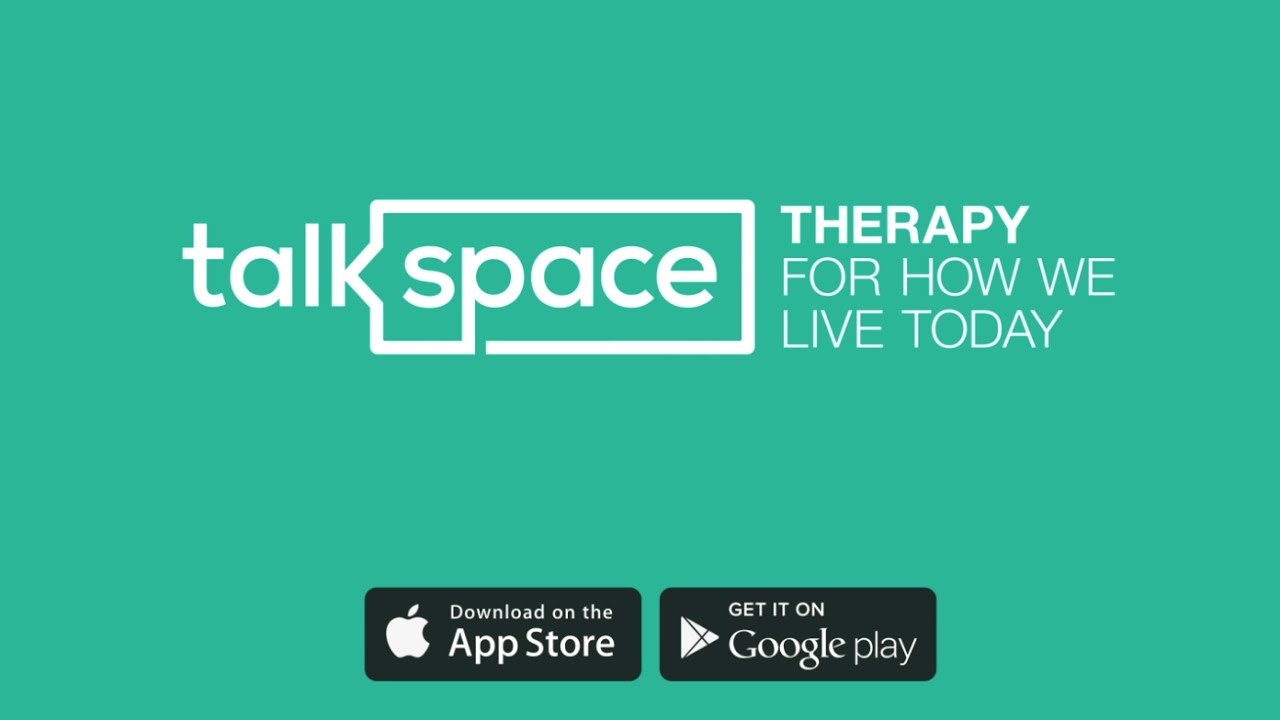With Americans spending more time each day using digital devices coupled with a constantly lengthening workweek, more and more people are reporting feeling lonely. Although some may argue that this is just a normal part of the human emotional spectrum, the loneliness epidemic that America is facing is directly impacting the number of individuals suffering from anxiety disorders and depression.
Because you are lonely, does not necessarily mean that you have either of these diagnoses. However, the feeling can be an indication that it could be time to seek professional help. Loneliness, defined as a feeling of social disconnectedness or isolation, can often lead to the inability to find meaning in one’s life. Advanced stages of loneliness can severely impact an individual’s daily function. Therefore, recognizing that you need help and taking the steps to healing are essential for a long, healthy life.

Are You Lonely?
The first step to healing is to acknowledge that you are lonely. The signs are not all mental, but also physical as well. Below are a few symptoms that you may be experiencing, all which could be an indication that you are lonely:
Physical
- Persistent cold and flu symptoms
- Body aches and pains
- Chronic inflammation through the body
- High blood pressure
- Constant fatigue (often resulting in lack of sleep)
Mental and Behavioral
- Confusion and/or memory problems
- Negative and pessimistic thinking; you surround yourself with negative people
- Constantly checking social media
- Lack of motivation; little interest in your hobbies
- Feeling sad that you do not have people close to you (even though not long ago you were close to many)
- Increased concern about material possessions
Dealing with Loneliness
The first step to recovery is recognizing that you are lonely. Once you can say to yourself: “I feel lonely – is there something I can do about this?” then you are on your way to better mental health. A recent article posted on Talkspace, an online therapy platform, outlined 5 ways the everyday individual can “Deal with Loneliness.”
- Be Mindful of Your “Loneliness Thoughts” – Recognizing that loneliness is directed by a state of mind, or your way of thinking, can help halt the control these feeling have over your life. Learning to identify and redirect your thinking can help you let go of the negative thoughts associated with the loneliness state of mind.
- Remember That You Are Not Alone In Your Loneliness – Loneliness is a common feeling; it’s just not often discussed because when people feel lonely, they do not feel the connection to talk to others about it. What a paradox! However, a 2018 study published by Cigna found that 46% of Americans suffer from the feeling of loneliness.
- Find Ways to Connect Even If Your Loneliness Makes It Feel Impossible – This is generally the hardest step to overcoming loneliness. However, it is also the most therapeutic. Telling friends and family can help people reconnect with those in their lives. Or, if telling someone is too overwhelming, asking someone to go to coffee can be a great avenue to opening up the conversation.
- Learn The Difference Between Loneliness and Diagnosable Depression – According to experts, there is a difference in both the definition and the symptoms of the two. Loneliness is related to when an individual is not having his or her needs met, while depression is a broader feeling of sadness and hopelessness. Recognizing which of the two you are experiencing can help with identifying ways to get better.
- Reach Out To A Professional To Discuss Your Feelings of Loneliness – You do not need to have depression to get help – loneliness itself is a reason to reach out to a professional. Loneliness can be immobilizing when not dealt with correctly, and as mentioned previously, can lead to more severe emotional or mental disorders. Getting help early can provide individuals with a greater sense of satisfaction and happiness in their lives.
Finding Happiness
An individual does not need to seek a traditional therapeutic environment to start recovering. Since much of loneliness has to do with lack of connection, resulting in the inability to communicate with those close to them, online therapy has proven to be a successful method to reducing someone’s feelings of loneliness.
Platforms such as Talkspace are providing an innovative way to improve American lives. Through text messaging, audio messaging, and video conferencing, people are now provided a confidential and simple outlet to express how they are feeling while receiving validation and education from a professional. The concept is ingenuous. Once a client of the services is paired with an appropriate therapist, an individual can log on to their page and at any point during the day, write about their feelings to their therapist. They will in return receive a response 1-2 times per day. This provides individuals suffering from loneliness the push they need to get their life back on track. Additionally, it helps individuals learn about their triggers and tools to overcome certain thoughts and feelings, ultimately creating a greater sense of well-being. As Talkspace put it – “We all deserve to feel better – to feel connected, cared for, purposeful, and loved.”




